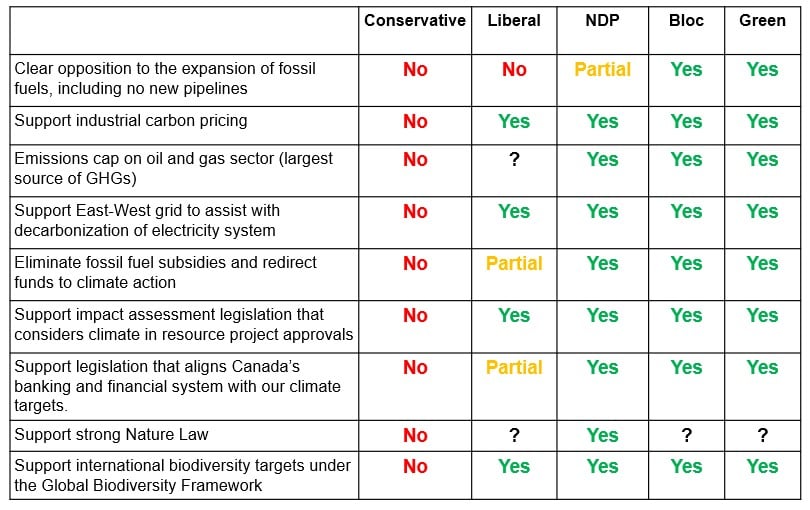Sixty-five years ago, today, Toronto was ravaged by the worst storm it had ever seen (at the time). Hurricane Hazel tore through the city at wind speeds of 124 km/hour, drenching it with 200 millimetres of rain in just 12 hours.
#OTD Oct 15, 1954, Hurricane Hazel leaves nearly 2,000 people homeless in Toronto. Photos: Alexandra Studio. pic.twitter.com/h5AtXEJHdY
— Toronto Archives (@TorontoArchives) October 15, 2017
The hurricane also wreaked havoc with both the railways and the TTC. Several passenger trains were stranded and CN reported 143 washouts. All road bridges over the Humber River were damaged or swept away, so CN ran special commuter train service between Parkdale and Malton. 2/3 pic.twitter.com/CbSFza7T9f
— Toronto Railway Museum (@TORailwayMuseum) October 15, 2018
The storm came up through the Carribean, including Haiti, where it claimed the lives of an estimated 400 people. Before it was done with Toronto, Hazel would have washed away roads and bridges, swept away 32 houses, taken the lives of 81 people and left 1,868 homeless, and caused damage to the tune of about $1 billion current dollars, according to the Toronto Star.
So what have we learned since then about protecting cities from extreme weather events? It turns out, a lot.
As one Twitter used quipped, Hurricane Hazel was quite literally a “watershed moment” for Toronto. The disaster forced city planners to rethink urban planning and, a few years after the storm hit, the Toronto and Region Conservation Authority took on responsibilities for watershed management and flood control. The Authority still exists today.
Skip ahead a few decades to 2019 and once-in-a-century storms in the GTA are becoming more frequent. Toronto knows it well. The 2013 flood that hit the city beat out Hurricane Hazel’s record for most rainfall in recorded history and remains the most costly insured weather event in Ontario.
Most rain in Toronto’s recorded history, topping Hurricane Hazel http://t.co/Lf0wLEOLKO
— Bill McKibben (@billmckibben) July 9, 2013
And now, Toronto has released a report on the city’s resilience and declared a climate emergency that can help mobilize resources and change decision-making processes to make climate action a priority.
Yet, the Ontario Conservative government of Premier Doug Ford has slashed provincial flood management funding to conservation authorities like the TRCA by 50%, putting a hole in a legacy of what we learned from Hurricane Hazel.
The Ford government also ordered a wind-down of non-essential services, which conservation experts warn could put at risk programs that “help to reduce or prevent the costly and devastating damages of flooding, protect water resources, help to reduce pollution from getting to the Great Lakes and support healthy watersheds”, according to the National Observer.
Our take on #Toronto‘s new resilience report: To keep the city out of “constant crisis mode”, we NEED to become more resilient to both the #climateemergency and growing inequality >> https://t.co/urX0SlffEW … #GreenNewDeal #6ixreasonstosue #topoli #cdnpoli (corrected) pic.twitter.com/Jd2Elujepq
— Greenpeace Canada (@GreenpeaceCA) June 4, 2019
Canada is warming twice as fast as the rest of the planet. Extreme weather is already costing billions of dollars in insured damages — and governments (taxpayers like us) pay $3 for to repair infrastructure for every $1 insurance companies spend. The recent Hurricane Dorian, for instance, caused $105 million in insurance damage in Atlantic Canada in addition to the lives it claimed in the Bahamas.
We can’t go back to a world before climate change, but we can move forward. The emergency-level floods that struck eastern Canada earlier this year displaced more than 10,000 people, and are reminder to Ontarians that extreme weather events like this are only going to become more common. As higher levels of governments drag their feet on climate action, cities can forge ahead and ensure safety and justice for urban residents on the frontline of climate change.
Toronto has committed to a bold climate emergency response to fight climate change and keep residents safe. We say it’s time to fund it.
BREAKING! #Toronto City Council just passed a motion to explore pursuing compensation for the cost of #climatechange from #bigpolluters. #Toronto residents are entitled to a resilient city, and they shouldn’t have to pay the bill!
?RT the good news! #6ixReasonsToSue pic.twitter.com/0TTUTXm54x— Greenpeace Canada (@GreenpeaceCA) April 25, 2019
The fossil fuel companies who are producing most of the emissions driving the climate crisis —and who knew (and misled us) about climate change for decades — and we think they should be paying their fair share. Some Toronto Councillors do, too, which is why a City Council committee voted to look into it.
As University of Ottawa professor Lynda Collins put it, “Climate change litigation is going to build retaining walls and it’s going to relocate people who have lost their homes due to flooding and it’s going to shore up new emergency heat shelters.”
Toronto communities grappling with the rising costs and impacts of extreme weather, from flash floods to heat domes, have the right to hold fossil fuel companies accountable.




